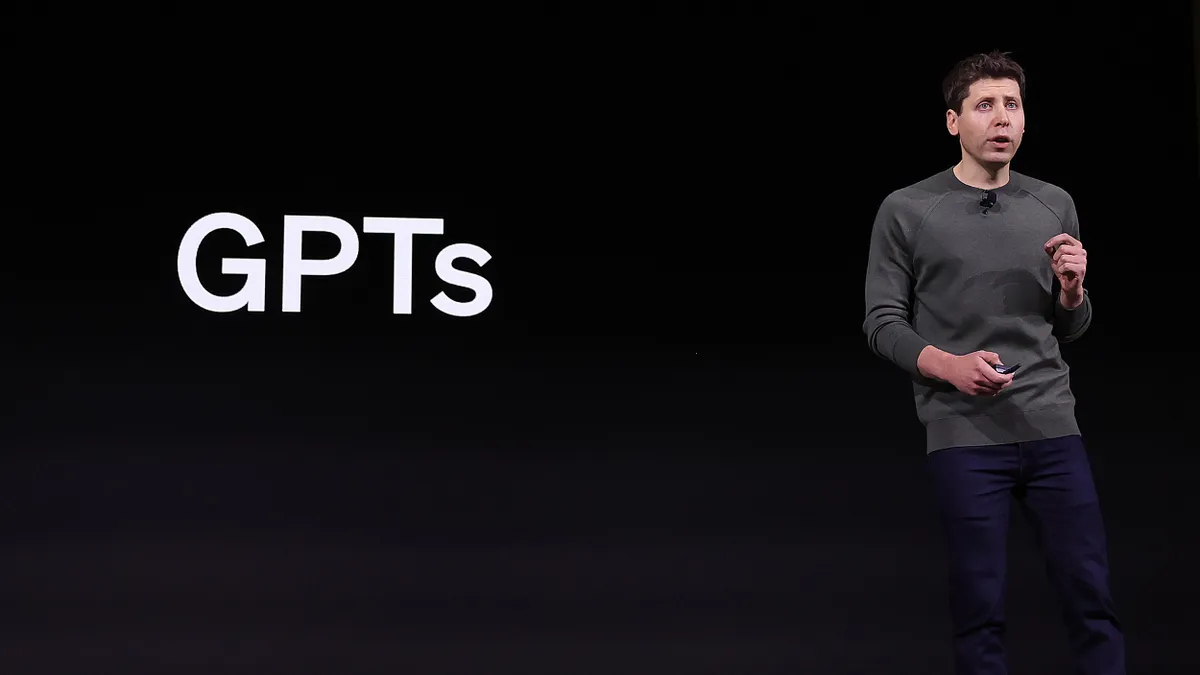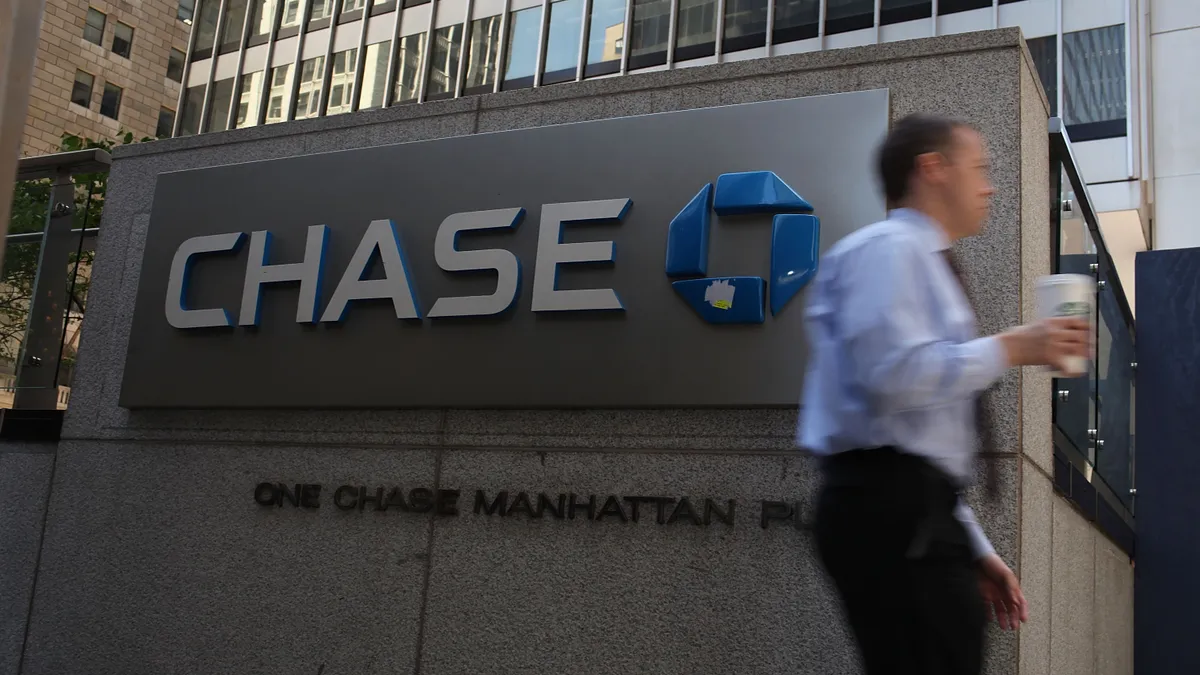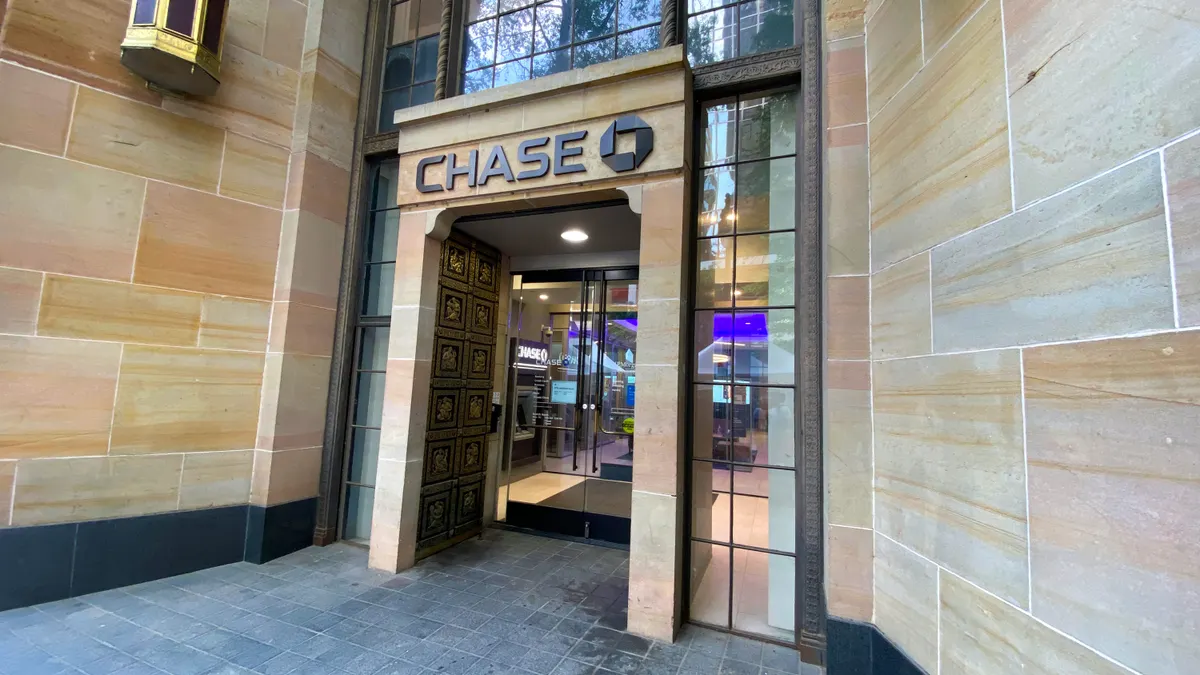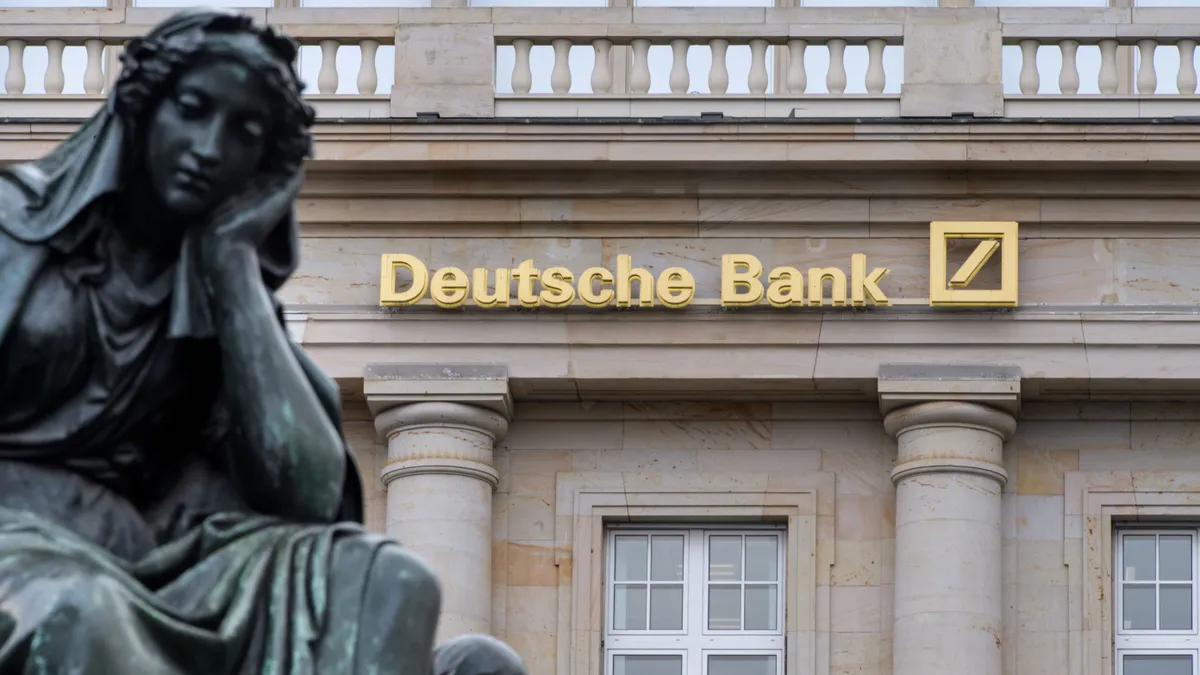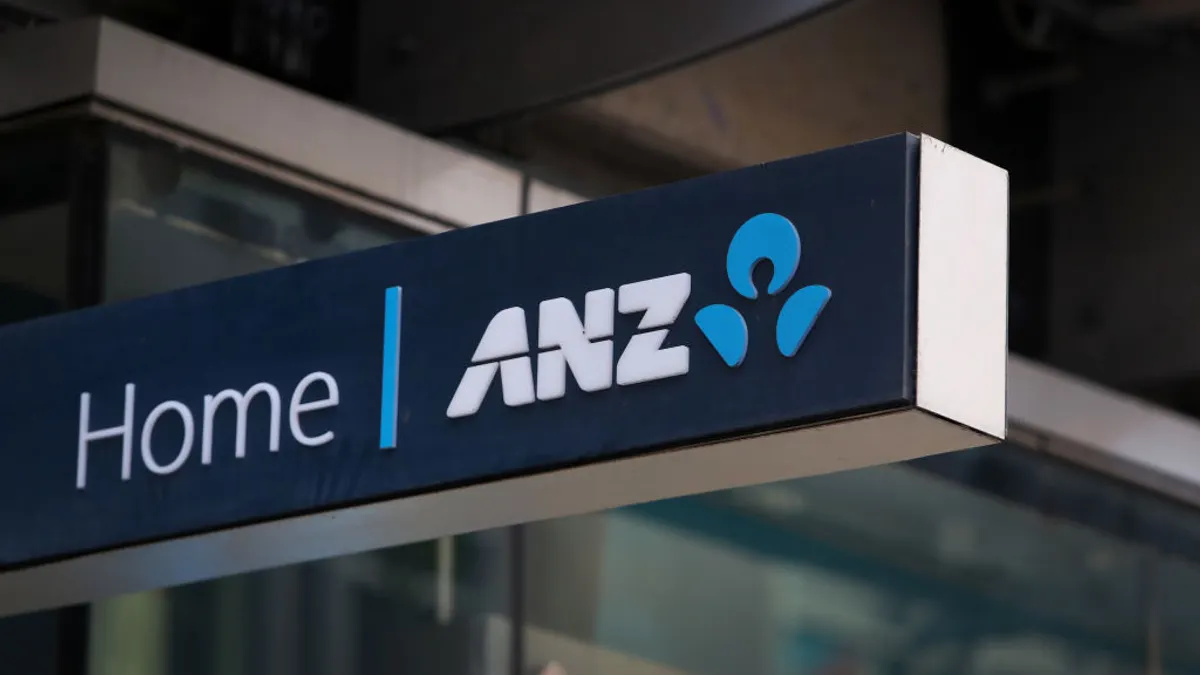OpenAI CEO and co-founder Sam Altman was taken aback by the financial sector’s early interest in ChatGPT and his firm’s other generative artificial intelligence products.
“It's gotten much better, but when we first launched, the thing that the average person thought about AI is that it hallucinated a lot,” he said Tuesday during an on-stage chat with Federal Reserve Vice Chair for Supervision Michelle Bowman at a capital framework conference hosted by the central bank.
Although Altman pegged ChatGPT’s hallucinations at 0.1% or less, “that branding kind of stuck with us for a while, so we assumed that financial services … were not gonna be our early adopters,” he said. But some of OpenAI’s biggest early enterprise partners were financial institutions.
“Morgan Stanley, Bank of New York, these are major partners of ours that we're doing fantastic work with. And we were kind of like, ‘Are y’all sure?’ and they were like, ‘Yeah, we really want to do this,’” he recalled.
These institutions and others figured out how to use the technology, and “how to structure it enough that they can rely on it” for critical processes, he said.
“The thing that someone said that stuck with me is, ‘Hey, we realize this is a new technology and we've got to put some new controls on it. But the risk of us not doing this … is that we don't continue to exist as a business,’” he said.
Since Altman and his OpenAI co-founders launched ChatGPT in November 2022, banks have harnessed generative AI to increase productivity and efficiency and to manage vast quantities of customer data.
Generative AI should be able to handle up to 40% of daily tasks by year’s end, according to bank executives surveyed by KPMG in April, and 57% said generative AI is an integral part of their long-term vision for innovation and remaining relevant.
Due to AI, the cost of each unit of intelligence has been driven down “by more than a factor of 10 each year for the last five years,” and Altman expects that to continue for at least the next five years.
He pointed to the saying "Electricity too cheap to meter," adding, “We didn't quite deliver on that as society [but it does] look like we're about to deliver on ‘intelligence too cheap to meter.”
The AI boom has been compared to the industrial revolution. JPMorgan Chase CEO Jamie Dimon said it could be as transformative as electricity or the internet. But Altman, in at least one way, implied it’s bigger.
“The internet did change a lot of things, but I don't ever remember something that would have cost $10,000 of knowledge work a year ago, costing $1 or 10 cents, or whatever it would cost now. This is just unprecedented,” he said.
One thing he did compare AI to, though, was the transistor – a 1947 technological innovation that is now a fundamental part of nearly all modern electronic devices.
“We don't think about this as a transistor device or that as a transistor device – we think of this as like a microphone and a computer and a screen and a camera and whatever else – but this technology was an incredible discovery,” Altman said. “It changed what we were able to build. It became part of kind of everything pretty quickly.
“You don't talk about companies much as transistor companies … in the same way, I don't think you'll be talking about AI companies for very long,” he said. “You will just expect products and services to use this technology. You won't think about it that much. You will expect products and services you use to be smarter than you, and that will be a normal part of the world, like the transistor.”
But with innovation comes risk. Altman wasn’t shy about addressing how AI has created opportunities for fraud. He’s “terrified” that there are some banks that utilize voice recognition technology to verify identity, he said, because “that is a crazy thing to still be doing; like AI has fully defeated that.”
He was referring to deepfake attacks, where cybercriminals use generative AI to copy a person’s voice or image and then use that voice or image to commit fraud, which a 2024 business.com survey found has affected one in 10 companies.
In the face of deepfake attacks, banks must fight fire with fire and invest more in artificial intelligence themselves, Fed Gov. Michael Barr said in April.
The ways that bad actors utilize deepfakes “is going to get so compelling,” Altman warned Tuesday, that “people are gonna have to change the way they interact.”
“They're gonna have to change the way they verify,” he said. “Like this person calling me right now. It's a voice call. Soon, it's gonna be a video FaceTime that’s indistinguishable from reality. Teaching people how to authenticate in a world like that, how to think about the fraud impact – this is a huge deal.”



